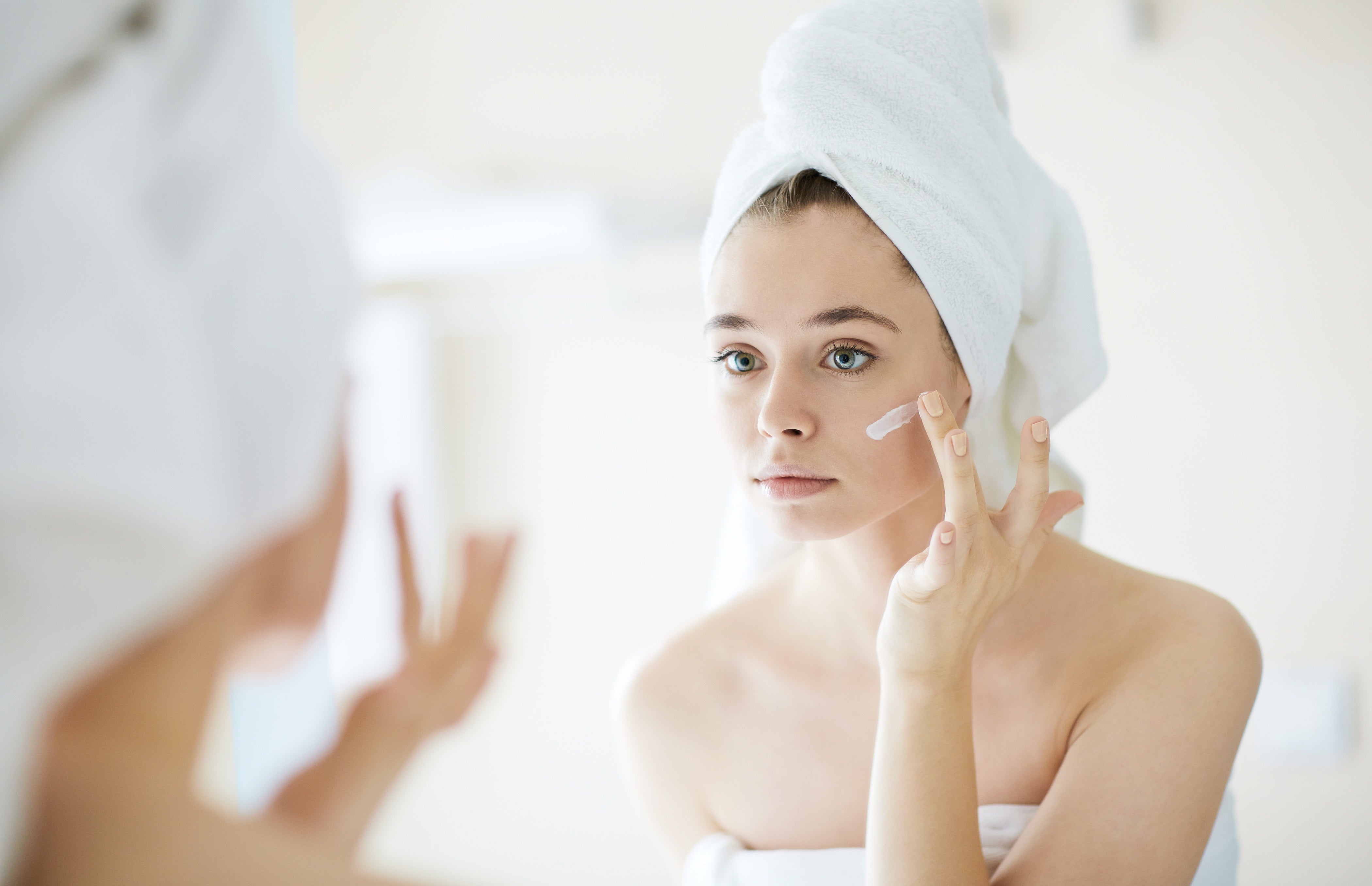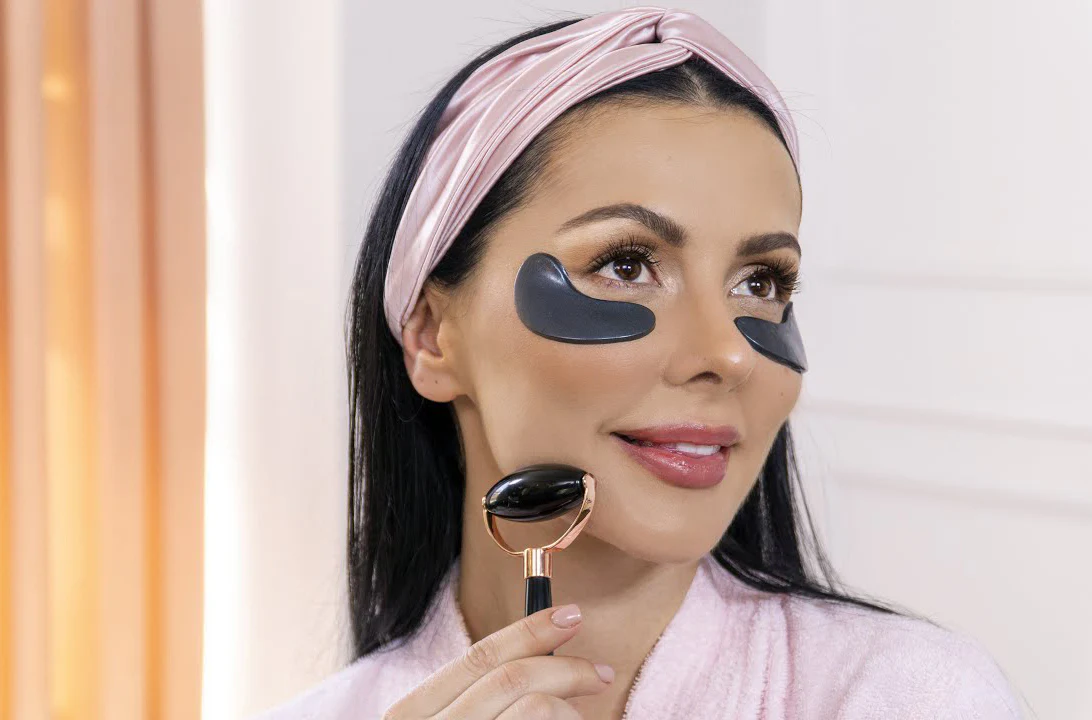Skin Care Routine Steps You Can’t Skip For Flawless Skin

Introduction
Along with face cleaning, a skincare routine treats any skin condition addresses hydration of your skin, and environmental protection of your skin. Your skincare regimen should almost always call for a cleanser, moisturizer, and sunscreen at the most basic levels.
The Importance Of A Skincare Routine
Before exploring the details, one should first consider why one needs a skincare regimen. Our skin is our biggest organ, shielding us from UV light, pollutants, and infections, among other factors. Still, with correct care and attention, these elements can keep our skin looking and feeling healthy.
Frequent skincare helps us to protect the integrity of our skin and avoid problems such as UV damage, dryness, wrinkles, and acne. It also allows focused treatments meant to solve particular issues or goals, therefore enhancing the look of skin.
You Have What Type Of Skin?
Dry Skin
Dry skin can often feel tight, flaky, or drab. It lacks the naturally occurring oils required to retain moisture. Your skin is most certainly dry if it feels scratchy or itchy, particularly in colder months.
Oily Skin
Oily skin has pores and glossiness. It runs acne-wise with blackheads and whiteheads. Your skin is most likely oily if it feels greasy several hours after you shower.
Sensitive Skin
Sensitive skin responds to some products with redness, itching, or burning and is readily irritated. If you experience regular skin responses, you most certainly have sensitive skin.
Combination Skin
It is exactly what it sounds like—a mix of oily and dry areas. Combining skin is called the T-zone. Usually, the T-zone—forehead, nose, and chin—is oily; the cheeks could be normal or dry.
Normal Skin
Normal skin is balanced and not very prone to excessive dryness or oiliness. It has few imperfections, small pores, and a smooth texture.
Creating a skincare routine catered to your particular requirement starts with knowing your skin type.
How To Take Care Of Your Skin: The Basic Steps
Product performance on your skin depends on the sequence you follow. Generally speaking, for both morning and evening rituals, apply the lightest to heavier products following washing.
A good skincare regimen calls for only a few products. Actually, especially for beginners, simplicity is rather important. Here are the fundamental actions:
1. Cleansing
Cleansing gets makeup, grime, and oil from your skin. Select a mild cleanser fit for your skin type. Choose a foamy cleanser to help oily skin shed extra oil. A moisturizing cleanser suits sensitive or dry skin the most.
2. Toner
Toning gets any last remnants and helps balance your skin's pH levels after cleansing. Lightly wipe over your face with toner on a cotton pad.
3. Serum
Strong concentrations of certain components in a serum catered to your skin issues can treat and protect, thereby treating a spectrum of complexion issues, from dark spots to dryness.
A daytime serum will hydrate your skin, protect it from daily pollutants, and supply concentrated nutrients—including antioxidants.
4. Eye Cream
Unlike face creams, eye creams are meant particularly for the delicate eye area. This part of your face ages faster than the rest, so it also comes into the "treat" category. You should incorporate an eye therapy product into your regimen if your concerns center on the appearance of fine lines, wrinkles, a shortage of firmness, dark circles, or undereye puffiness.
5. Moisturizing
You absolutely have to moisturize regardless of your skin type. It helps the skin stay hydrated and shields the skin barrier, preventing dryness and aging symptoms. Use a lightweight, non-comedogenic moisturizer (that won't clog pores) for oily or combo skin; use a thicker cream for dry skin.
6. Sun Protection
Anybody's skincare regimen should start with sunscreen as a basic step. By shielding your skin from dangerous UV radiation, you help avoid sun damage, wrinkles, and even some types of cancer. Seek a broad-spectrum sunscreen and apply liberally at least SPF 30.
By following these basic skincare routine steps, you'll lay the foundation for healthy, glowing skin.
Creating Your Skincare Routine
It's time to combine everything now that you know the fundamental elements of a skincare regimen. These pointers will help you create your schedule:
Start Basic
It is recommended that you acquire a cleanser, a moisturizer, and some sunglasses as your top goals. Once you have reached a state of comfort, you can add an increasing number of things, such as masks and serums.
Be Consistent
Consistency is vital in skincare. Follow your schedule for at least four to six weeks before hoping for notable changes.
Speak to Your Skin
See how your skin responds to various products and modify your regimen. If a product irritates you, cease using it immediately.
Consult Labels
Always review the ingredients list to avoid possible allergies or irritants. Look for items with natural, plant-based components.
New product patch tests
To prevent a possible response, patch-test new products on a tiny area of your skin before using them all over your face.
Track Your Development
Keep a skincare notebook to record changes in your complexion. This will enable you to modify your daily regimen by helping you determine which items are working and which ones are not.
See Expert Guidance
See a specialist for tailored advice if you have ongoing skin problems.
Conclusion
A daily skincare regimen is a great weapon for acquiring and preserving healthy, radiant skin. Following the guidelines in this article and customizing your program to fit your particular requirements will help you improve your skin's natural attractiveness. Recall the need for patience and consistency since outcomes could take some time. Hence, start your regular skincare trip and welcome the radiance!






